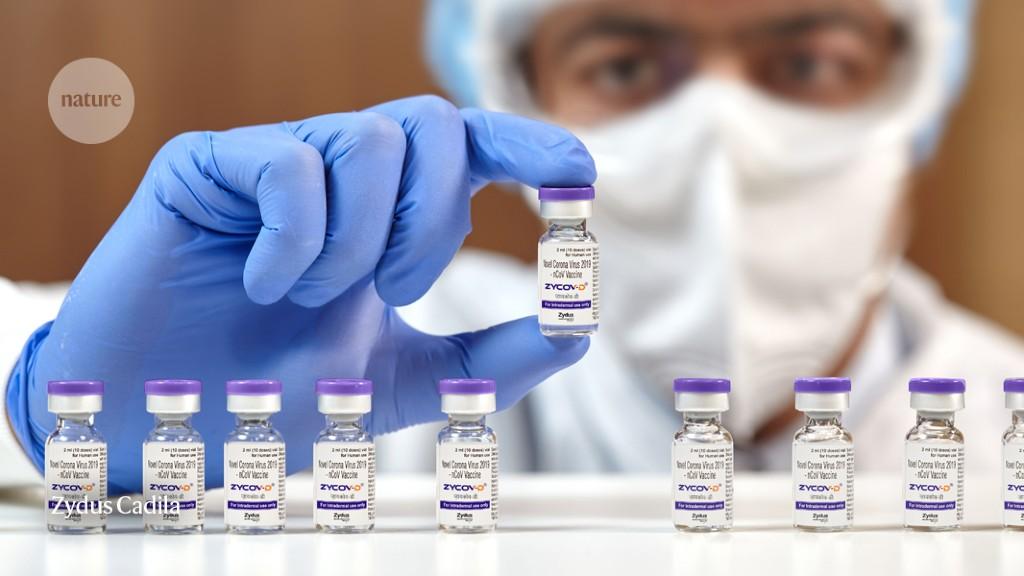In a recent development that sent shockwaves through the pharmaceutical industry, Novavax Inc (NASDAQ: NVAX) saw a 20% drop in its shares on Friday. The cause? The Food and Drug Administration (FDA) raised concerns about the potential risk of heart inflammation linked to Novavax’s COVID-19 vaccine. This revelation came as part of a briefing document released by the FDA, which is preparing for a crucial meeting on June 7 to decide whether to grant emergency use approval for Novavax’s vaccine. It’s important to note that this vaccine has already been approved for use in Australia, India, and most of Europe.
FDA Expresses Concerns
The FDA’s briefing document didn’t mince words. It noted that multiple cases of myocarditis and pericarditis had been reported in temporal relation to Novavax’s vaccine. Even more concerning, the FDA suggested that some of these cases might be potentially linked to vaccination.
What’s interesting to point out is that heart inflammation has been identified in rare cases after vaccinations with mRNA technology, a type of technology that Novavax’s vaccine does not employ. The FDA’s briefing document made it clear that, if causally related, the risk of myocarditis could potentially be higher for Novavax’s vaccine than reported. Notably, there haven’t been any reported instances of pre-authorization myocarditis associated with mRNA vaccines.
Novavax’s Response
In response to these concerns, Novavax released a statement on Friday. The company highlighted data from its placebo-controlled studies, indicating that the rate of myocarditis was balanced between the vaccine and placebo groups, at 0.007% and 0.005%, respectively. Moreover, Novavax pointed out that cases of myocarditis observed in the post-crossover phase of their studies fell within the expected rate.
Novavax expressed its belief that, based on an interpretation of all the clinical data, which involved more than 50,000 participants in clinical trials, there was insufficient evidence to establish a causal relationship between the vaccine and heart inflammation. They also reassured the public that they would continue to closely monitor all adverse events, including incidents of myocarditis and pericarditis.
Novavax’s COVID-19 vaccine, known as NVX-CoV2373 or Nuvaxovid, had been licensed or authorized in several countries, and deals were made to supply the vaccine to various nations. Some of the brands and countries that secured Novavax’s vaccine for their populations include:
- Covovax (Developed by Bharat Biotech in India): Bharat Biotech, an Indian vaccine manufacturer, partnered with Novavax to produce Covovax. It received emergency use authorization in India.
- Nuvaxovid (Developed by Novavax): Novavax’s vaccine received approval in several countries, including Australia, India, and many countries in Europe.
- Covovax (Developed by Novavax and produced by Serum Institute of India): The Serum Institute of India, the world’s largest vaccine manufacturer, collaborated with Novavax to produce and distribute the vaccine under the brand name “Covovax.” It was authorized for emergency use in India and several other countries.
- Nuvaxovid (Developed by Novavax and produced in the Czech Republic): Novavax partnered with the Czech company, Unipetrol, to manufacture Nuvaxovid for distribution in Europe.
- Novavax (Developed by Novavax and produced in South Korea): Novavax reached an agreement with South Korea’s SK Bioscience for the production and distribution of Novavax’s vaccine.
- Novavax (Developed by Novavax and produced in Japan): Takeda Pharmaceutical, a Japanese pharmaceutical company, secured a deal to manufacture and distribute Novavax’s COVID-19 vaccine in Japan.
Conclusion
The FDA’s concerns about heart inflammation associated with Novavax’s COVID-19 vaccine have certainly raised questions and cast a shadow over the vaccine’s path to approval. As the June 7 meeting approaches, all eyes will be on the FDA’s decision and how Novavax responds to the regulatory scrutiny. In the meantime, this development underscores the importance of thorough safety evaluations as the world continues to navigate the complex landscape of COVID-19 vaccines.

